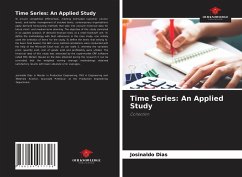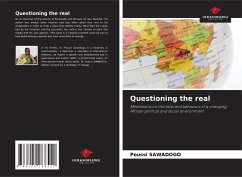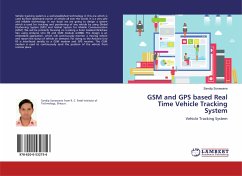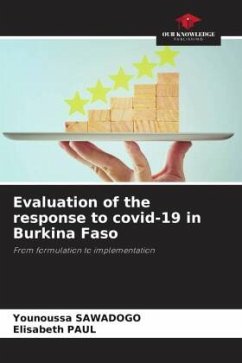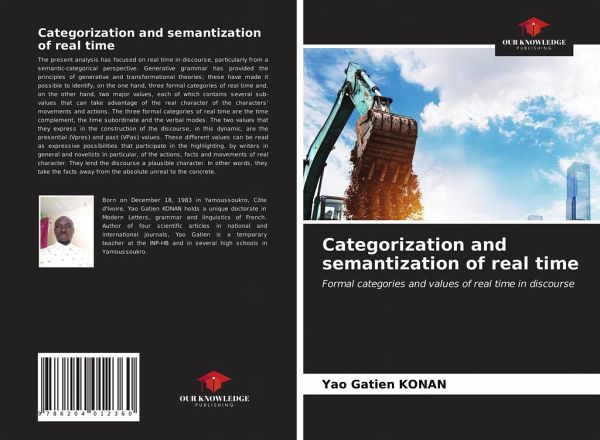
Categorization and semantization of real time
Formal categories and values of real time in discourse
Versandkostenfrei!
Versandfertig in 6-10 Tagen
27,99 €
inkl. MwSt.

PAYBACK Punkte
14 °P sammeln!
The present analysis has focused on real time in discourse, particularly from a semantic-categorical perspective. Generative grammar has provided the principles of generative and transformational theories; these have made it possible to identify, on the one hand, three formal categories of real time and, on the other hand, two major values, each of which contains several sub-values that can take advantage of the real character of the characters' movements and actions. The three formal categories of real time are the time complement, the time subordinate and the verbal modes. The two values tha...
The present analysis has focused on real time in discourse, particularly from a semantic-categorical perspective. Generative grammar has provided the principles of generative and transformational theories; these have made it possible to identify, on the one hand, three formal categories of real time and, on the other hand, two major values, each of which contains several sub-values that can take advantage of the real character of the characters' movements and actions. The three formal categories of real time are the time complement, the time subordinate and the verbal modes. The two values that they express in the construction of the discourse, in this dynamic, are the presential (Vpres) and past (VPas) values. These different values can be read as expressive possibilities that participate in the highlighting, by writers in general and novelists in particular, of the actions, facts and movements of real character. They lend the discourse a plausible character. In other words, they take the facts away from the absolute unreal to the concrete.




